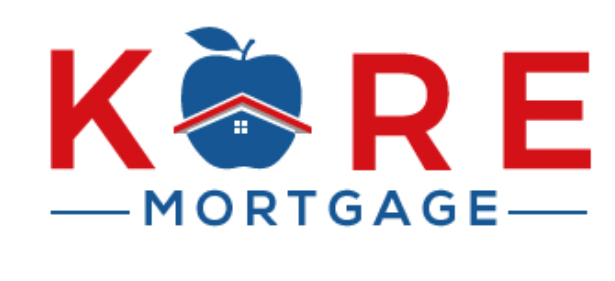Freelancers, consultants and gig workers often earn solid incomes yet face challenges when seeking a loan. Lenders usually want two years of W‑2s, which self‑employed workers do not have. Enter the 1099 mortgage—a program built around your unique income style. Here is how it works and why teaming up with an experienced lender can put the keys in your hands sooner.
What Is a 1099 Mortgage?
Instead of focusing on W‑2 wages, this option reviews your last one or two years of IRS Form 1099s plus recent bank deposits. Because the review centers on gross receipts rather than tax-deductible profit, many applicants qualify for larger amounts than with a standard self‑employed loan.
Why Does It Help Independent Earners?
- Faster paperwork—no deep dive into every write‑off.
- Higher income recognition—business costs no longer hide your true cash flow.
- Flexible credit limits—guidelines are often kinder than strict agency rules.
- Competitive rates—usually a bit above conventional, far below hard‑money.
Important Trade‑Offs
- Larger down payments: plan on 10–20 percent.
- Detailed bank checks: keep clear records so big deposits match business activity.
- Adjustable rates: ask your loan partner to model best‑ and worst‑case payments.
Steps to Get Started
- Schedule a discovery call with a lender that offers several 1099 options.
- Gather two years of 1099s, six–twelve months of bank statements and a simple profit statement.
- Review pre‑qualification numbers together to set a smart price range.
- Maintain steady deposits and hold off on big equipment buys until after closing.
A 1099 mortgage turns your independent income into buying power instead of a roadblock. With the right lending guide, you can translate every invoice into a clear, compelling loan file and step into a home that grows with your business dreams. Connect with our dedicated mortgage team today and let’s map out a financing plan as flexible as your career.













